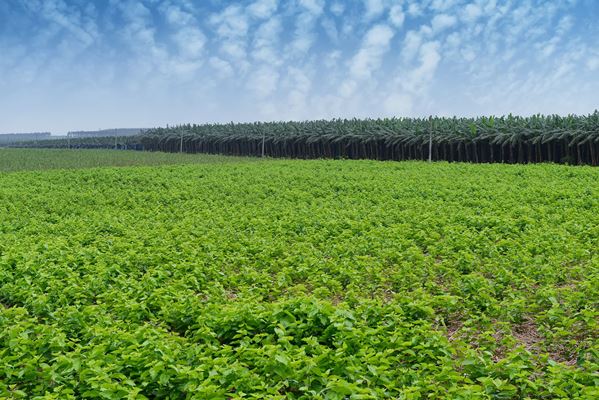I’ve often been asked: “Where did the title of your book, Once upon a Mulberry Field, come from?”
The short and simple answer has always been: It was derived from the two famous lines in the Vietnamese masterpiece popularly known as Truyện Kiều (The Story of Kiều) by the celebrated poet Nguyễn-Du (1766-1820).
At the risk of getting scolded by his admirers for perverting the purity of his exquisite poetry, I’ve attempted, as faithfully to the original spirit as I could, to translate those two lines that most of us with Vietnamese heritage can still recite even in our sleep:
Mulberry fields forever where the blue sea once was . . .
A new season of upheaval has cloaked my heart in sorrow.
In the Far East in the old days, mulberry plants constituted an important crop second only to rice. Their young leaves were harvested and fed to silkworms to produce the most alluring and coveted product that had ever emerged from the Orient. As such, there had been mentions of mulberry fields in oral and written records stretching back to the earliest times. One such legend, which inspired the renowned verse by Nguyễn-Du, claimed that the ancient world was subject to regular cycles of profound changes. Every few thousand years or so, it said, mulberry fields would turn into blue seas, and blue seas into mulberry fields. The world as known would vanish–completely erased and rearranged.
For so many people and in so many ways, the Vietnam War had been a life changer. In trying to recapture memories of those days gone by, I couldn’t put out of my mind the beautiful simple rhymes of Nguyễn-Du–and the fact that the world of my youth had actually existed once upon a time, not so terribly long ago.
Thus the title of the book, and the theme of my website.



[…] one of the most common questions an author hears, and C.L. Hoang says he hears it all the time. He wrote in a recent blog post that “It was derived from the two famous lines in the Vietnamese masterpiece popularly known […]